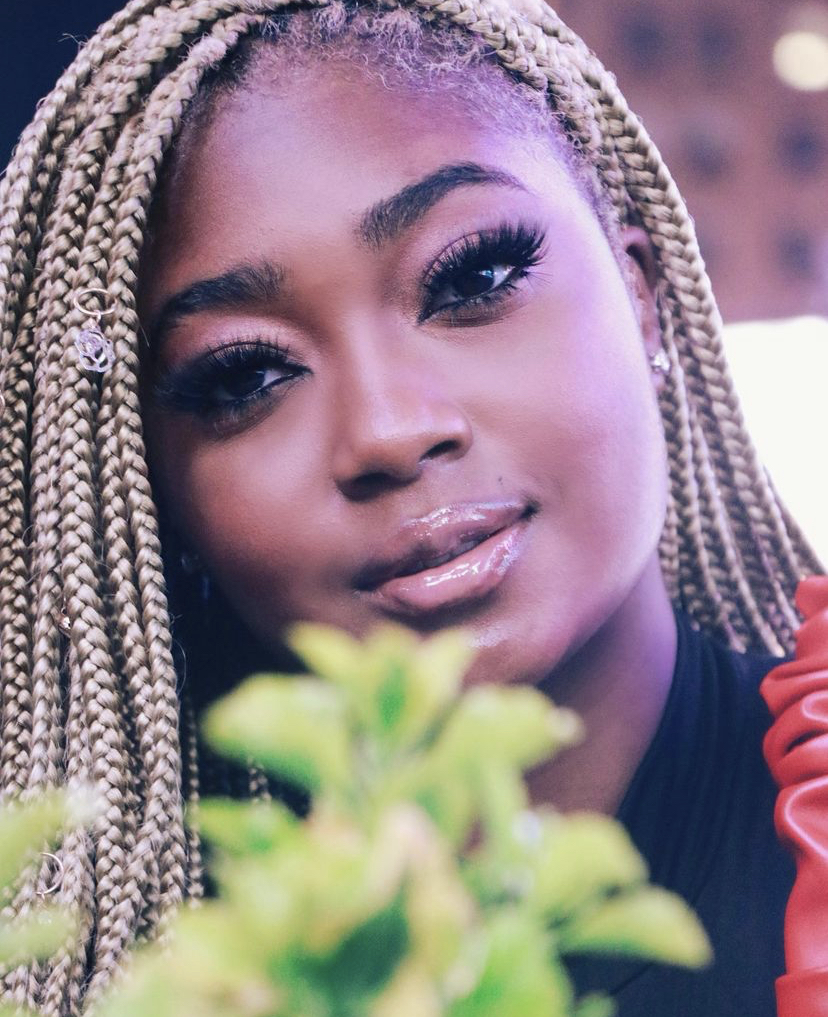

On Monday, May 25, SZA took to Twitter to call out an unnamed publication after they denied her request for a Black photographer to shoot her cover photo, sparking a conversation on the importance of Black creatives having a seat at the proverbial table.
I requested a black photographer for a cover n the mag told me no lol its 2021.. and almost Juneteenth . Respectfully I can’t do it 🥺🤷🏾♀️
— SZA (@sza) May 25, 2021
In a now-viral tweet, the Grammy-nominated artist wrote, “I requested a Black photographer for a cover [and] the mag told me no lol. It’s 2021… and almost Juneteenth. Respectfully I can’t do it.” It is, in fact, 2021, but the overt exclusion of the much-needed Black gaze from behind the camera lens remains an industry standard — even after a summer of public relations statements purporting an interest in inclusivity. Users flocked to the comments to applaud the Good Days singer’s commitment to championing Black creatives in the editorial space. And of course, the internet’s penchant for exposing problematic institutions and attempting to hold their feet to the fire compelled other users to insist that SZA disclose the name of the publication.
Das not my vibe but there’s TOO many elite black creatives rn to not allow it. https://t.co/mLnkVQr2uH
— SZA (@sza) May 25, 2021
In a subsequent tweet, she dismissed the comments and replied, “Das not my vibe but there’s TOO many elite Black creatives rn to not allow it.” After years of criticism regarding non-POC photographers documenting Black luminaries with unflattering lighting and poor angles, magazines sought to reckon with their distressing pasts. Notably, Tyler Mitchell was the first Black photographer in Vogue’s 128-year history to work with the magazine when he captured Beyonce for her September 2018 cover. In response to The Shade Room’s post regarding her choice to not reveal the publication, SZA said, “It’s not deep I jus like the way my ppl SEE me.” Pointing to the elevated dimensionality that Black photographers imbue into their craftsmanship, she added, “I love how we magnify us through our own unique gaze. It’s artful and magical. Just not into fitting ‘the white gaze.’”














